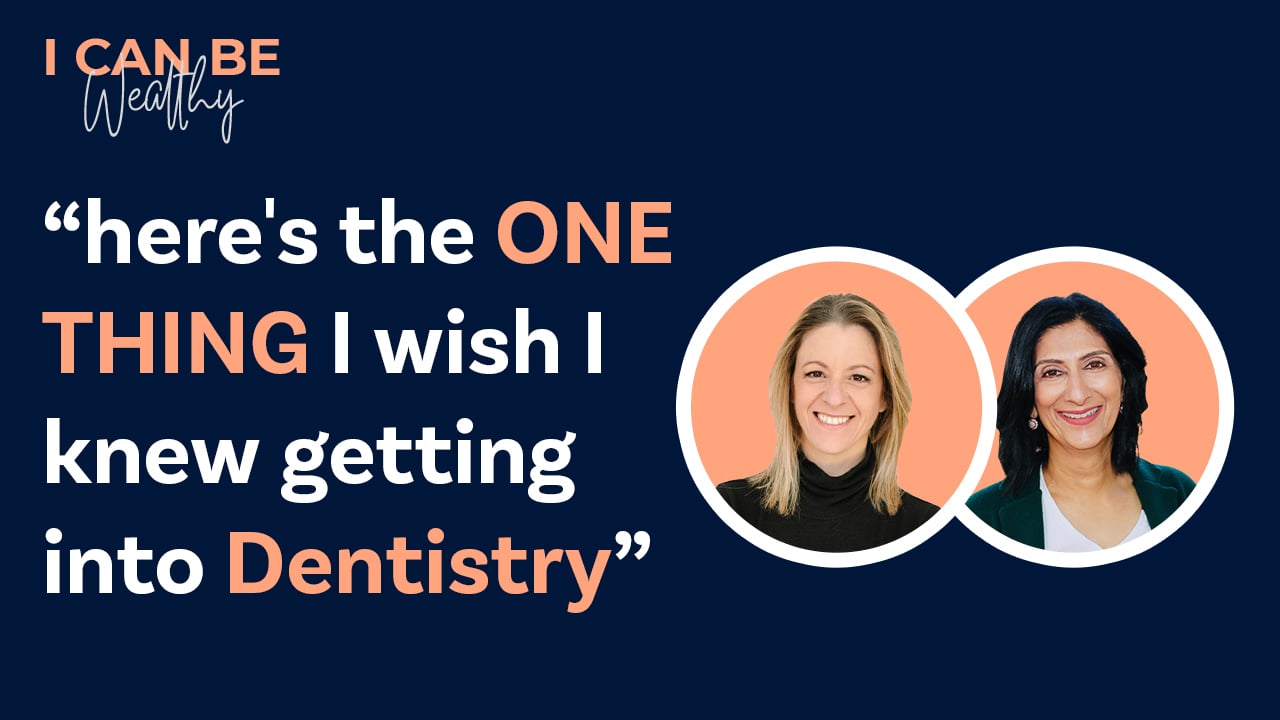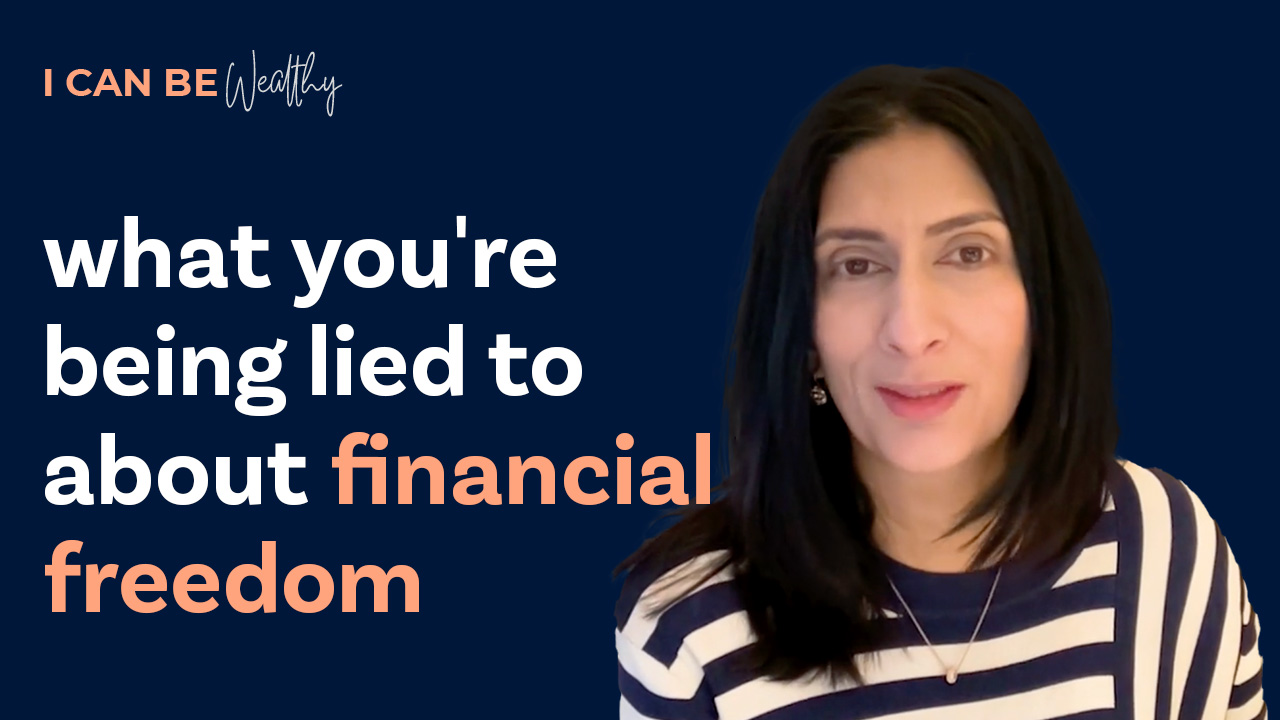My Client’s Property Investment Dilemma
Over the last month, I chatted with a client who’s been running his own business for a decade.
He’s been working hard to build wealth, but because he didn’t focus on it earlier, he’s almost starting from scratch.
Anyway, he’s realised that he could borrow a lot of money, and he’s thinking about using it to buy up to 20 or 30 investment properties.
But here’s the thing: should he really be doing that?
If you’re only focused on the number of properties you own, you could end up sacrificing quality for quantity, and that’s not a good way to invest.
Unfortunately, some people in the industry will try to tell you that owning more properties equals greater success. But please don’t fall for that trap.
I have some clients who’ve owned tons of properties but still had little equity and cash flow. On the other hand, some own just a few properties and are wildly successful.
Let me give you a metaphor to think about: chess masters. I know some amazing property investors who think like them.
Instead of making the most moves to win, chess masters think about how to get to checkmate in the fewest possible moves.
When investing, you have limited resources like time and money, so you need to make the most of what you have.
The real game is how to take $1 out of your pocket today and put it into something that will exponentially grow and give you financial independence in the shortest possible time.
Is the Real Estate Industry Trying to Screw You?
Sometimes, it can feel like everyone in the real estate industry is out to get us.
We’ve got agents, buyers’ agents, brokers, financial planners, and wealth gurus, all of whom are trying to sell us as much property as possible, and the reason for that is simple – they get paid based on volume.
So we must remember that most people in the wealth space have made their money from running their own businesses, not from being property experts or investors themselves.
Don’t get me wrong, many of these folks are really good at what they do, and they help many people along the way.
But we need to understand that their interests don’t always align with ours, so take back some power over what you buy and when you buy it.
You don’t have to accept what you’re being sold; you can make your own decisions based on your goals and financial situation.
Nowadays, accumulating properties isn’t as simple as it used to be. Back then, you could buy an asset, wait for it to grow a bit, refinance, pull out some cash, and go again.
But things have changed. The banking system is much more conservative now, making it harder for us to grow our portfolios.
But that’s not necessarily a bad thing.
In fact, it can be an opportunity to be more intentional and strategic about the properties we buy and how we finance them.
So the question is, how can we still put ourselves in a position to exit the rat race sooner?
Key Takeaway #1: Understand Your Borrowing Capacity
Well, we should first focus on clearly understanding our borrowing capacity.
We know it can change from day to day and month to month, so we have to stay up-to-date.
Now, I’m not saying that your borrowing capacity will change drastically all the time, but if you want to be good at optimising your finances, there are two things you need to do.
First, don’t just go to your own bank and ask what they can lend you.
Shop around and talk to other banks and brokers. A good finance broker is worth their weight in gold, but you’ll have to be persistent because most brokers are lazy and will only work with certain lenders.
Don’t settle for the first answer you get. Instead, keep asking, “What else?” until you find the right lender for you.
Key Takeaway #2: Why You Need to Think Like a Chess Master
Second, as mentioned earlier, you need to think like a chess master.
Building capital is important, and you can’t skip this step. But you also need to be smart about how you do it.
You don’t want to fall for flashy marketing or be swayed by social media influencers.
You need to think about your overall game plan and make smart, quality moves to get you closer to your goals.
Key Takeaway #3: How to View Investing as a Long-Term Game
The last thing I want to say is that investing is like placing bets.
You can do everything right, but only time will tell if you made a good decision.
Sometimes, you just have to be patient and wait, especially when investing in assets like real estate that don’t move quickly.
It can feel like watching paint dry, but remember that investing is a long-term game.
Here’s the real kicker, though: you don’t need to own a huge portfolio of properties to be successful.
Some of my clients own just a few properties, but they’ve been able to create net worth and build up working capital.
By taking a small part of that and investing in opportunities that generate immediate cash flow, they were able to speed up their path to financial independence.
So, don’t get caught up thinking that traditional property investment is the only option.
To succeed, you need to be strategic and think like a chess master. Ask yourself, “What else?” and explore other ways to achieve your financial goals.
Remember, it’s not about how many properties you own but the smart choices you make along the way.









